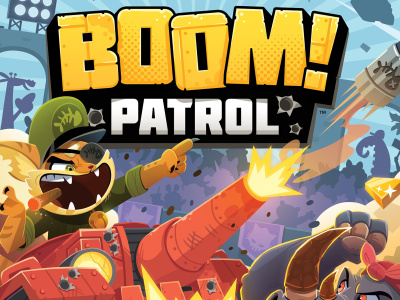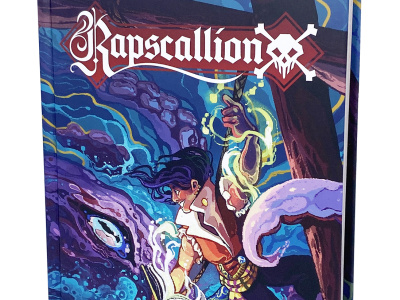 Richard Gain of Jester's Playhouse in Northfield, New Jersey comments on game companies going exclusive and how that doesn't seem to improve stock availability for many of them.
Richard Gain of Jester's Playhouse in Northfield, New Jersey comments on game companies going exclusive and how that doesn't seem to improve stock availability for many of them.Over the 17 years I have been in this industry, I have heard all the arguments for and against exclusivity. The main arguments for it is manufacturers creating a special relationship with the distributor with whom they have given exclusivity. This should mean higher stock levels, better information to retailers concerning current and upcoming products and special events centered around new releases. Yet, as of yesterday while trying to place an order with their exclusive partner, I was unable to restock Ticket to Ride, Pandemic, Carcassonne, a half a dozen games from Cryptozoic Entertainment, the most recent HeroClix set or Seafarers of Catan at our local warehouse.
If exclusivity was supposed to improve access to their products, then it is falling very short of that goal. With only one distributor, exclusive manufacturers should be able to gauge stock levels and maintain a constant flow of product, so that out of stocks never happen. The advantage of not being exclusive is that if one distributor is out, I can always find someone else who might have a copy or two.
Exclusivity as an idea seems good, but it limits availability in the market place and the promised "special relationship" does not yield any benefits for the retailer or the manufacturer. Maybe the problem is that manufacturers who enter into these exclusivity deals only see the dollar signs at the beginning and should more carefully consider who they are giving exclusivity to.
The opinions expressed in this Talk Back are solely those of the writer, and do not necessarily reflect the views of the editorial staff of ICv2.com.







